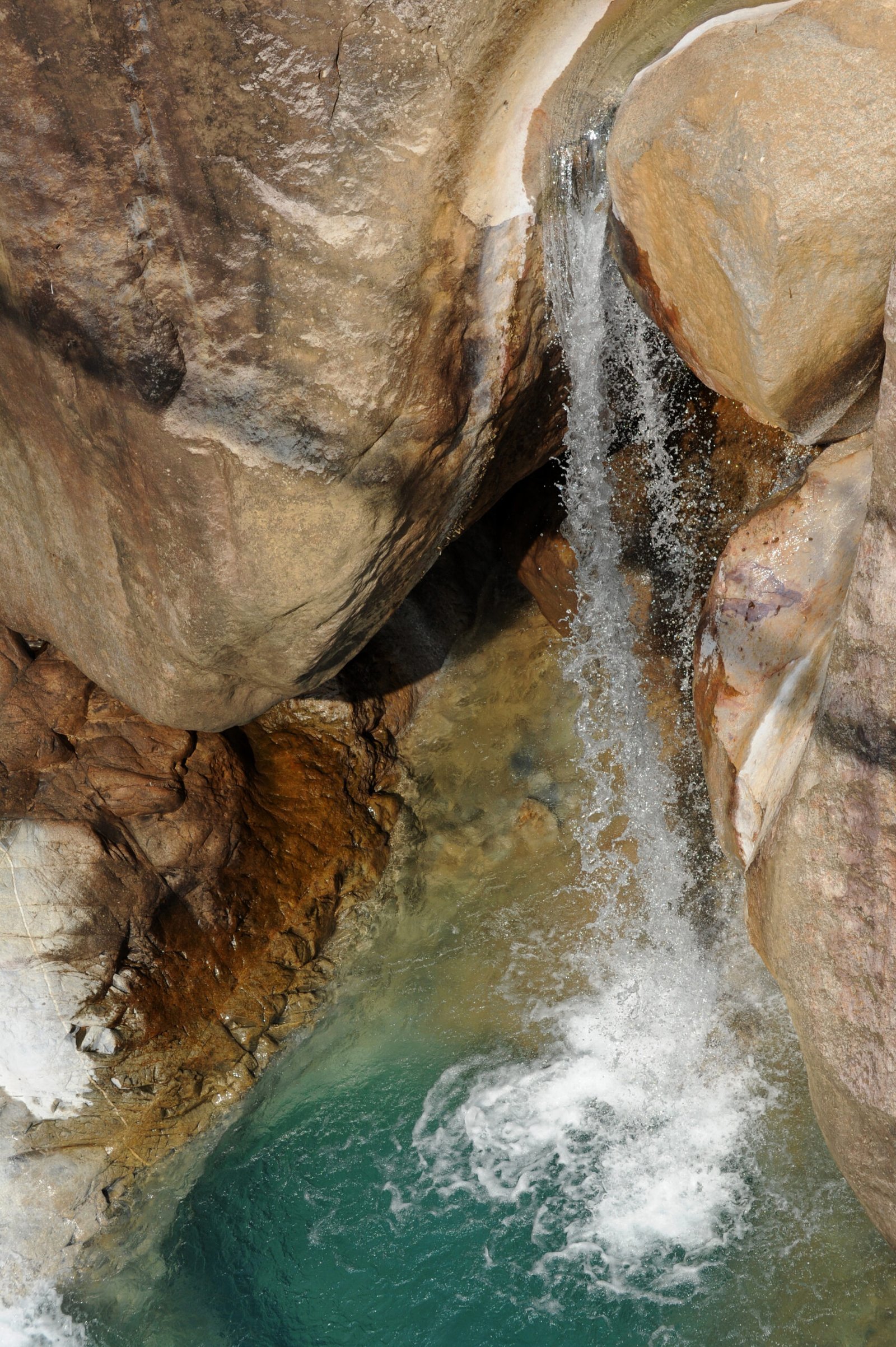Smit is is located 11 km away from the capital city of Meghalaya and is known as the culture centre of Khasi hills.. Smit is the largest village in Mawryngkneng block of the East Khasi Hills district. This pollution-free and pleasant village is an ideal spot for a slice of rural life. A stunningly beautiful place with its pure air and azure skies, Smit offers one an out of the world experience. It is an underdeveloped settlement preserved in all its purity far away from the maddening crowd. It grows wide varieties of vegetation, consequently contributing to the economy of the state. The farmers of Smit usually cultivate jhum. Smit also grows considerable amount of spices, which are mainly exported to other states. The cottage industries in Smit include sericulture weaving. Animal husbandry is also widely practiced by the villagers. The village square is the hub of all activity in Smit.. The weekly markets are about much more than buying vegetables. People meet each other, exchange notes on agriculture. Snacks and sweets stalls are also set up. A huge variety of vegetables and fruits unavailable on regular days, meat (beef and pork in large portions), betel nuts, betel leaves, bamboo and cane baskets, agriculture tools, utensils, bakery are all to be found on market day. The ground before the palace is full of people selling clothes, flowers, seeds. Stalls are put up even in the alleys. Every eighth day of the week is market day; if the eight day happens to be a Sunday then the market is held on Monday. On Sunday afternoons, the men gather in the ground by the palace to practice the Khasi’s traditional sport of archery. Bets are placed, based on the various archers’ skill and luck. It is a matter of prestige to become the best archer. Smit is also a site for mining. Kaolinite rocks are found in isolated purchase, which stretches over an area of 0.15 km, and its average thickness is 2.7.This kaolin adds to the resources of the state, as it is suitable for the manufacture of white-wares. Smit has acclaimed recognition for the celebration of Ka Pomblang Nongkrem. Celebrated during autumn, it commemorates the evolution of Khasi democratic states (HIMA), presently functioning under the Sixth Schedule of the Indian Constitution. Previously it was acceded to the Indian Union by signing the Instrument of Accession. It is held in November and is a five-day long thanksgiving ceremony to Goddess Ka Blei Synshar for rich harvest. Pomblang Ceremony is unique ritual of the event, where people offer goats to the administrative head of the Hima (Khasi Hills).


